There are a million things wrong with Quantico, but there is one thing they got right: their casting of Priyanka Chopra as an American-Indian FBI agent is fabulous, primarily because they did not go the extra mile to make her come off as stereotypically Indian. The show-makers hit the nail on its head in terms of representation of an Indian-American as Alex Parrish — a suave, intelligent, strong FBI agent — she is not just a techie, geek or a demure Indian woman that the west seems to have a veiled fancy for. [caption id=“attachment_2513644” align=“alignleft” width=“380”] 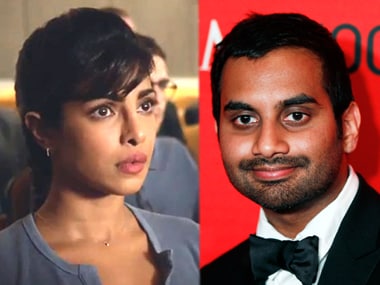 Priyanka Chopra and Aziz Ansari[/caption] Priyanka’s accent made it to the internet hall of fame – memes were made and shared, she was extensively trolled on social media, passionate authors wrote in her defence and critics smashed her to smithereens. Say what you might, but Priyanka Chopra’s accent in the show is spot on, she is after all supposed to be an American citizen on the show. She has the right twang, rolls her tongue just enough, pronounces all the relevant syllables in a word. Haters gonna hate and all of that, but it is important to take note of Quantico and the big leap that Priyanka Chopra has made in terms of being cast as an actor first, and not just an Indian actor who panders to old, boring and probably offensive stereotypes. Even Nimrat Kaur, though a part of Homeland’s larger ensemble cast, has managed to shine and she has pushed the envelope further. It no longer surprises anyone to see Irrfan Khan in various Hollywood films ( Jurassic World, The Amazing Spiderman). He is touted to make solid appearances in forthcoming films such as Ron Howard’s Inferno (written by Dan Brown) and, The Wicked Path. Irrfan Khan too, does not speak in foreign accents, neither does he sound unintelligible. These actors have pierced through the ‘racial stereotype glass ceiling’ and have opened avenues for the rest of Indian, Indian-American or south Asians actors who often face great difficulty in finding relevant and meaningful work in the film and television industry in the west. It has been ten days since Aziz Ansari’s new show (along with Alan Yang) Master of None was released on Netflix. You should definitely get your hands on all ten episodes of this wonderfully strange soulful new show, Asap! Since the show’s debut, the internet has been abuzz with long analytical pieces that shower abundant praise on him and more specifically on the writing that encapsulates the essential first generation immigrant experience in the US. In an episode titled Indians on TV, a young Dev (Aziz Ansari’s character) is watching television; on it is Fisher Stevens in Short Circuit playing the role of an Indian character with an accent that could put Apu from The Simpsons to shame. A series of cuts later, you see Hadji from Johnny Quest, followed by a commercial with Ashton Kutcher in dark facial make-up eating Popchips. Ansari’s point here is simple, when there is a diaspora of second generation Indians, why does the depiction of them have to feed and nurse old stereotypes? And why do white people have to portray Indian characters? He explores this on his show through Dev’s experiences auditioning for roles where he is specifically asked to don the stereotypical Indian accent. In this light, it becomes clear as to why playwright Lloyd Suh cancelled a show of _Jesus in India_ in the US on Tuesday; Suh was uncomfortable with Caucasians playing Indian characters. Why does race-casting matter so much? Because it comes from a long history of white privilege and Suh is not a perpetrator of ‘reverse racism’, he is merely trying to bring people on fringes to the center. It would be ‘reverse racism’ if the playing field was equal but the inequality around us is glaring. In Master of None, Aziz highlights this through an episode where a producer offers Dev a role but refuses to cast his friend (also an Indian and equally talented) because there “can’t be two”. US television series have only recently made conscious efforts to cast black actors in mainstream television. Indians or southAsians in general, are far and few, other than Aziz, Mindy Kaling, now Priyanka Chopra and Irrfan Khan, who have made it big. Most south Asians are portrayed as cab drivers and bodega owners with thick accents, (remember Ranjith from How I Met Your Mother?). Take Little Britain for example. The cult British sketch comedy show that ran from 2003 to 2006 on BBC is full of laughs as much as it’s full of cringe-worthy jokes that somehow pander to hatred and prejudice. While many write it off as ironic, alternative or subversive, it is hard to look beyond the white actors in dark make-up, projecting the common perception about blacks or Indians. It is really rich coming from a place where the Chicken Tikka Masala is their most popular dish. Going back to Quantico, the internet somehow hated the idea that she rolled her r(s) and spoke like a person who was born and brought up in the US; the idea that the accent represents India and Indians, is ludicrous and a dangerous prejudicial practice that many show-makers tend to ignorantly follow. Hollywood’s diversity, or lack thereof, is a contested issue and a representation does not imply that a members of the audience of the same race will feel extra connected to the show. But that representation should be fair in its intent to truly represent members of a community. Why must the Pakistani guy or the Indian guy on the show be the IT guy, why can’t they be the Chief of Staff for the President in the White House? Even in the hugely popular The Big Bang Theory, the initial representation of Raj Koothrapalli was steeped in stereotypical portrayal, though that has changed over the seasons (his accent is still strong though). Here’s a scene from a truly diverse show Parks and Recreation that highlights the general marginalisation that south asians in the US face. No matter how American they are, they are still perceived as outsiders. That needs to be corrected and a dialogue about these deeper issues can perhaps be opened through subversive humour like this: Leslie Knope: You’re not from here, right? Tom Haverford: No, I’m from South Carolina. Leslie Knope: But you moved to South Carolina from where? Tom Haverford: My mother’s uterus. Leslie Knope: But you were conceived in Libya, right? Tom Haverford: Wow. No. I was conceived in America. My parents are Indian. Leslie Knope: Where did the name Haverford come from? Tom Haverford: My birth name is Darwish Zubair Ismail Gani. Then I changed it to Tom Haverford, because you know, brown guys with funny-sounding Muslim names don’t make it far into politics. Leslie Knope: What about Barack Obama? Tom Haverford: Okay, yeah, fine, Barack Obama. If I knew a guy named Barack Obama was gonna be elected president, yeah, maybe I wouldn’t have changed it. ‘Indians on TV’ on Master of None: https://youtu.be/1IHRVdRV4Ys
While, Quantico might have gotten the casting right with Priyanka Chopra, western television still needs to represent Indian Americans in a better fashion.
Advertisement
End of Article
Written by Vishnupriya Bhandaram
Cultural anthropologist with a terrific nose for news. Obscure music hound. Rarely bored — always scrolling, always reading. see more


)
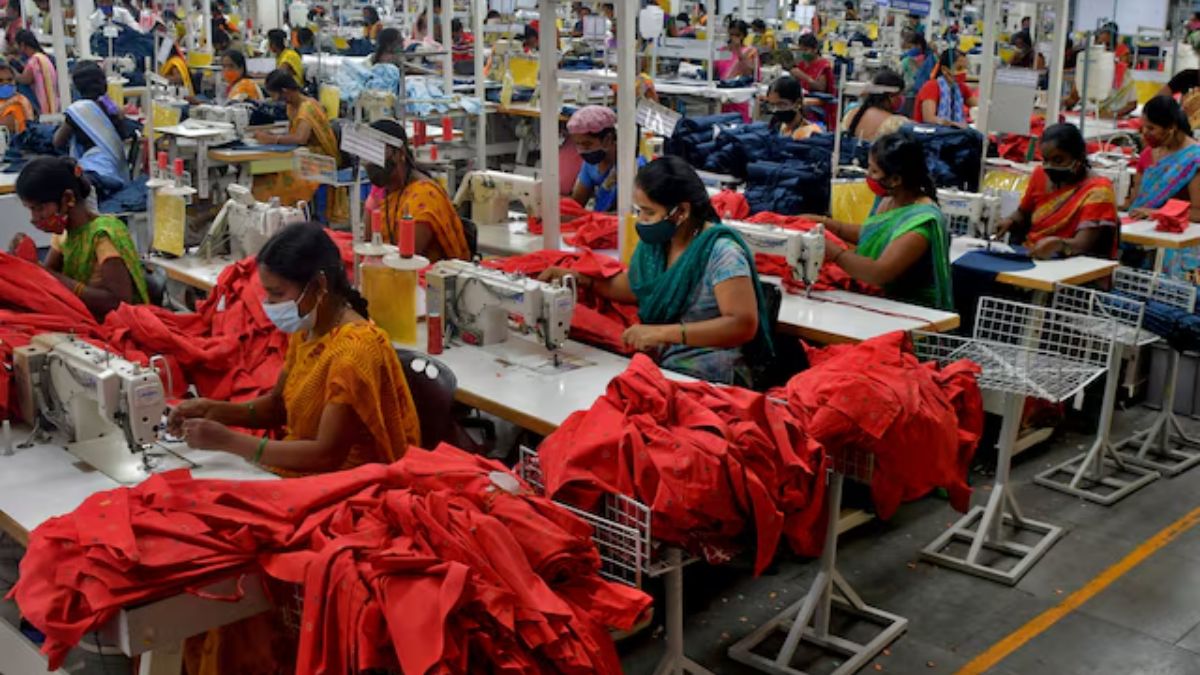)
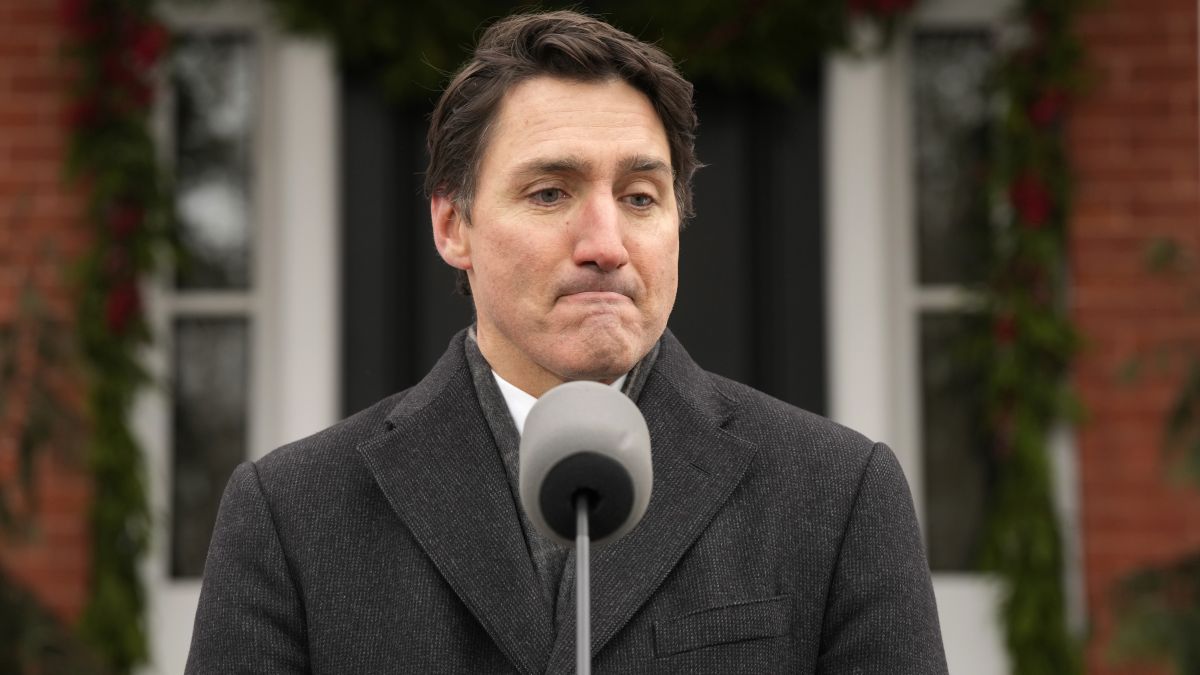)
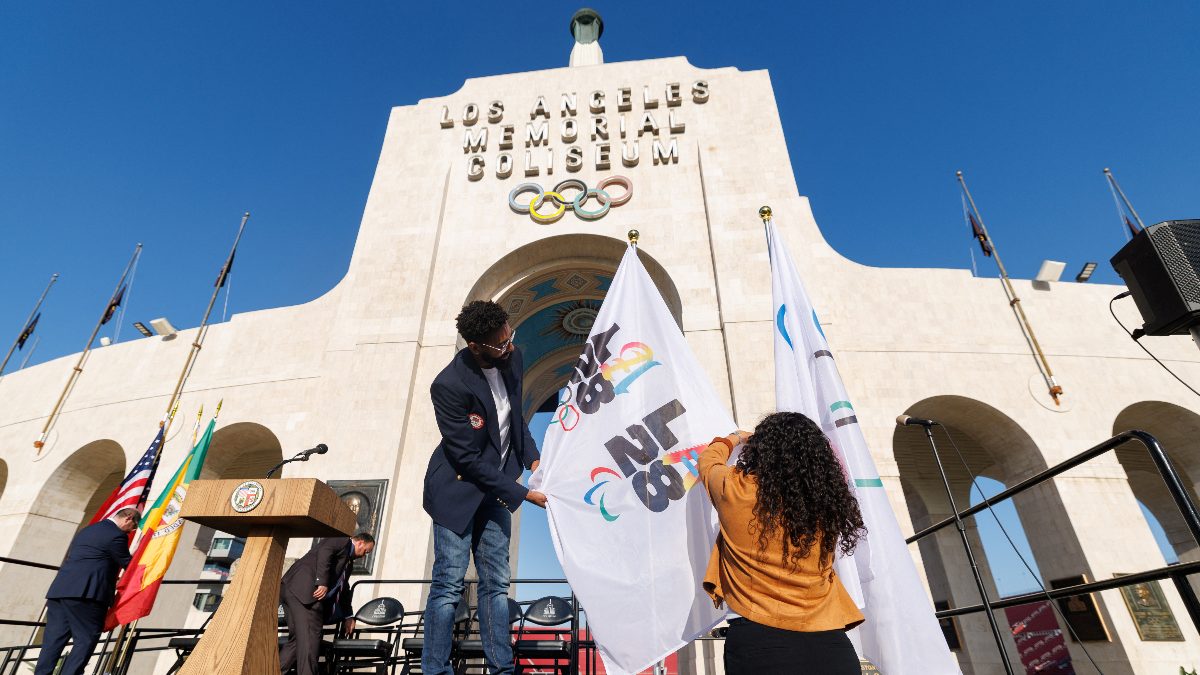)
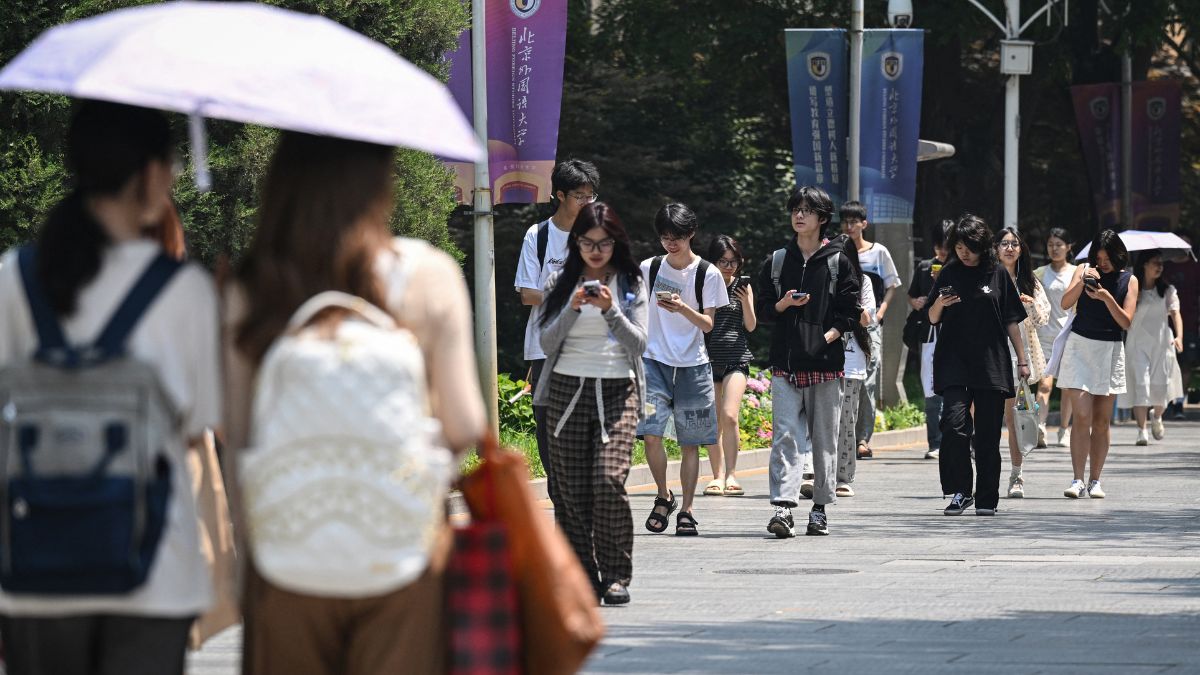)
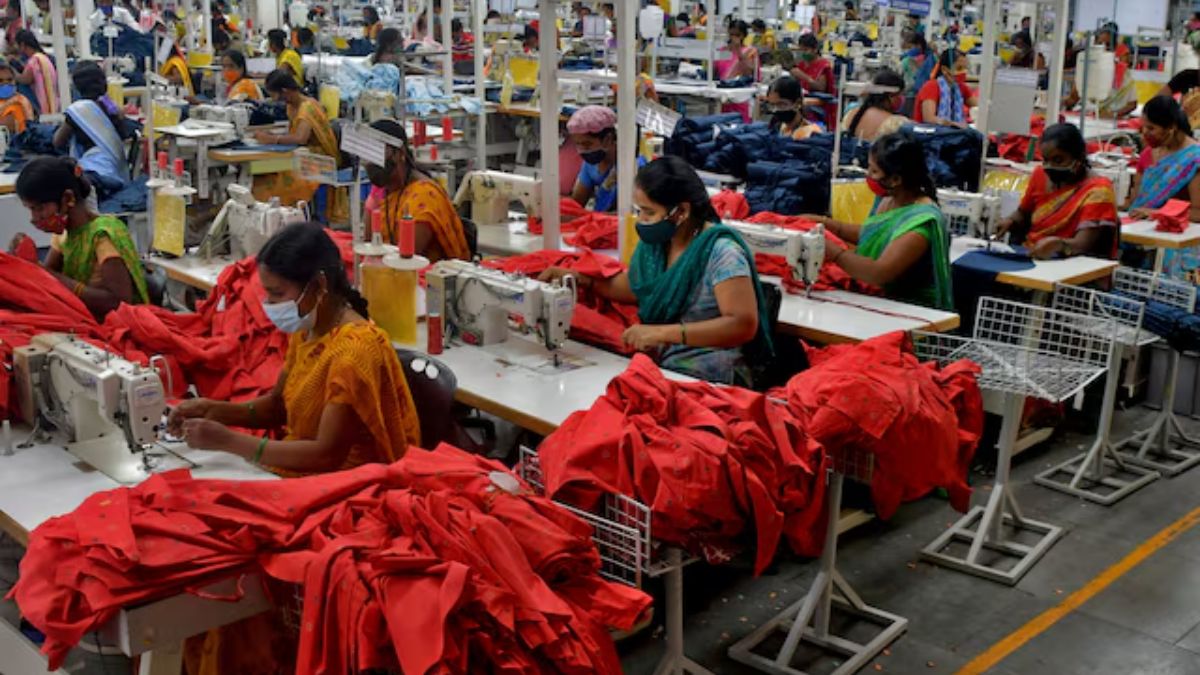)
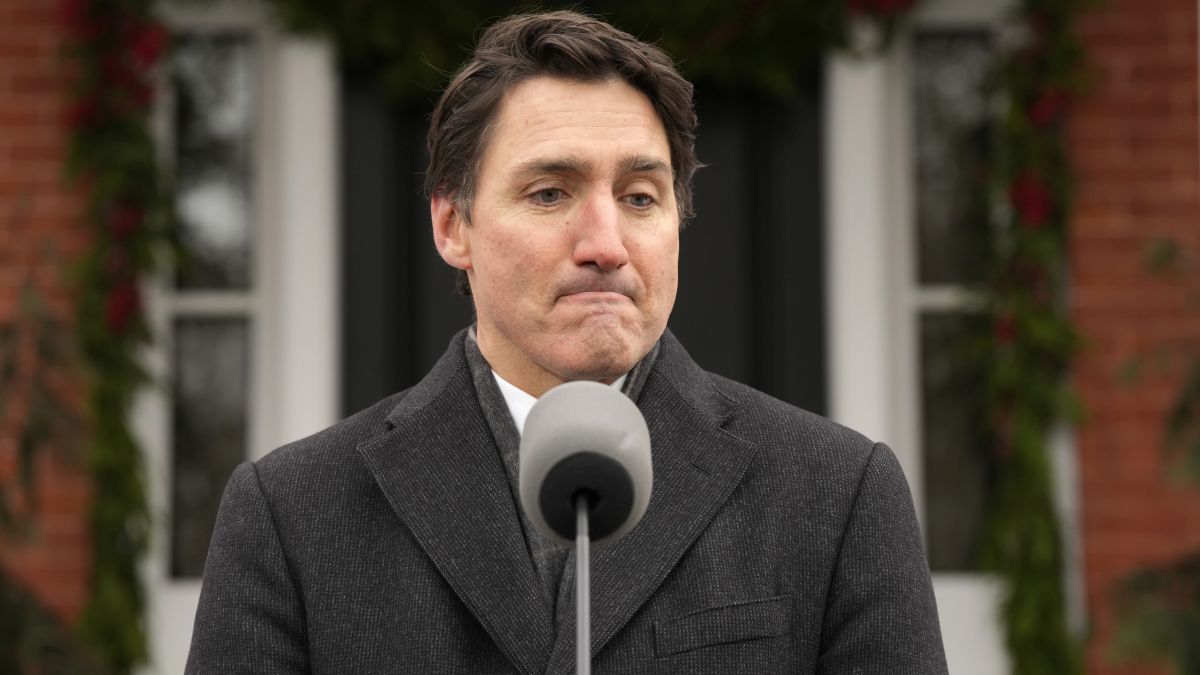)
)
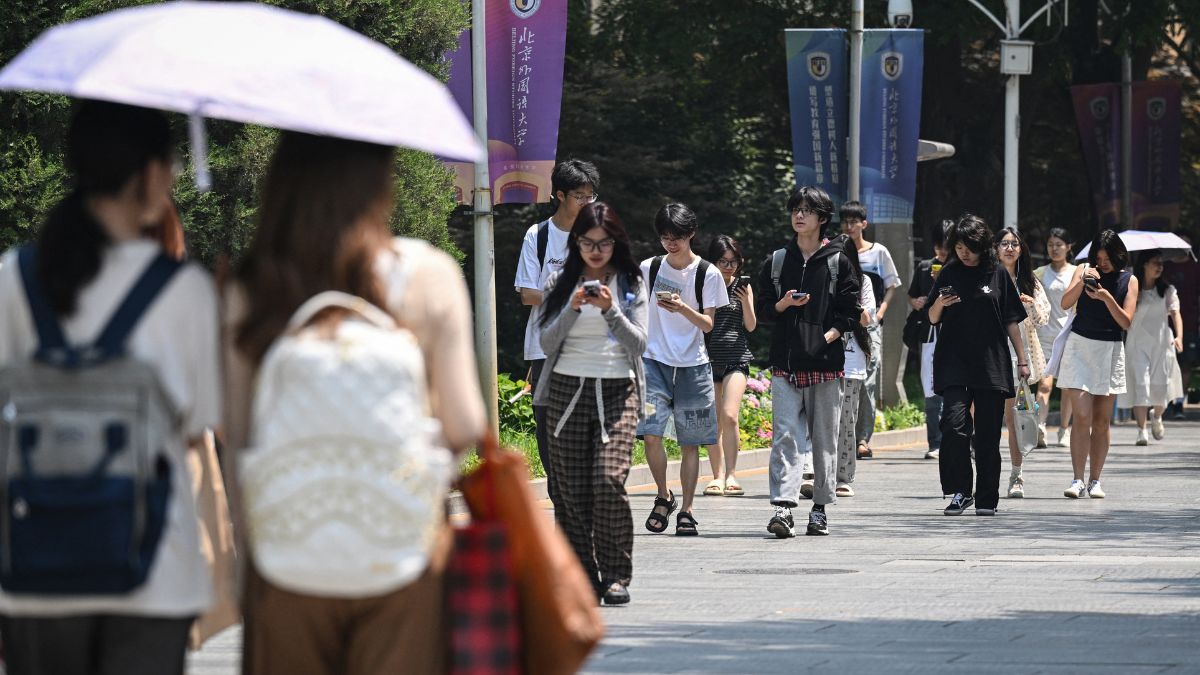)



